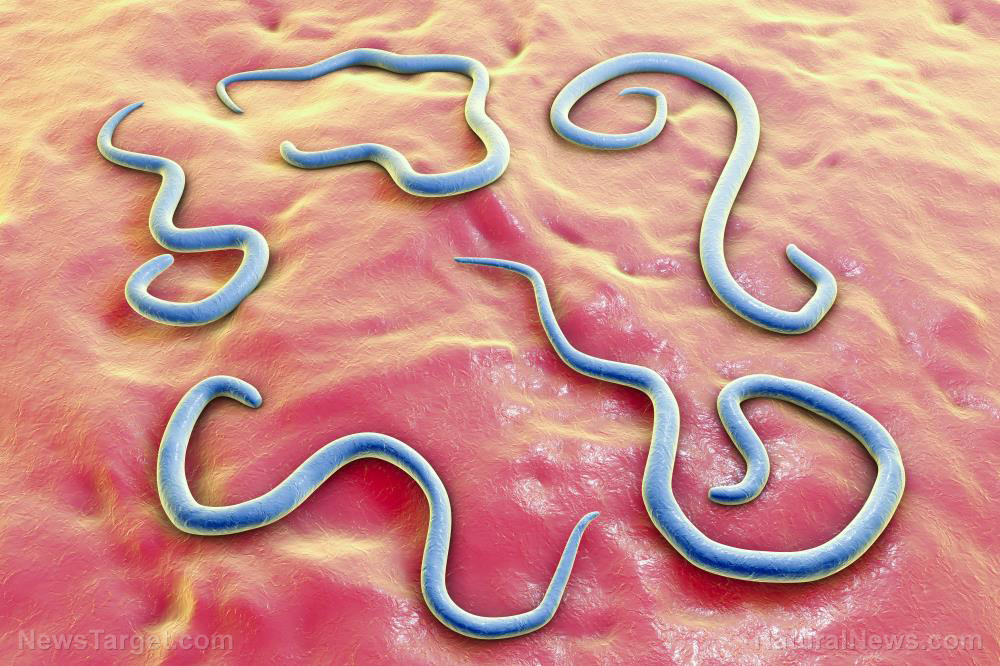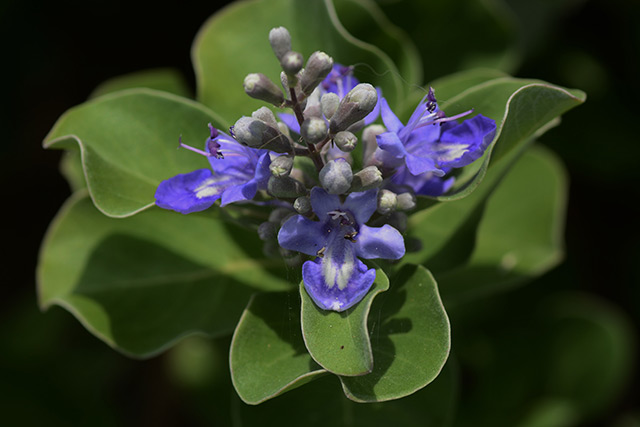Animals get stressed out, too: They “remodel” their bodies to deal with it, says study
05/09/2019 / By Edsel Cook

Researchers have known that certain animals adapt to environmental stress by altering their entire body to a form more suitable for the situation. They identified a protein in a species of roundworm that triggers this physiological remodeling. The stress-activated protein has analogues in the human body that are associated with diseases, such as metastatic cancer.
Like humans, animals can get stressed out by overcrowded areas, lack of food, and other issues. But while stressful situations often cause humans to develop physical and mental problems, some animals respond by changing the structure of their bodies.
Some of these structural alterations include a covering that protects them from harm and changing their color so that they can blend into their surroundings to hide from predators. These stress-induced forms help the animals survive the challenging conditions until the situation gets better.
The molecular trigger for this stress-induced structural remodeling remained unclear until recently, when researchers from the University of Illinois and the University of Pennsylvania ran experiments on the larvae of Caenorhabditis elegans. They succeeded in identifying the protein that triggered the remodeling in this species of roundworm. (Related: Powerful foods that eliminate intestinal parasites.)
Disrupting a protein stops roundworm larvae from adopting a stress-resistant form
“We’re using a really simple animal system to understand basic biological questions that have implications not only for nematodes, including important crop parasites, but also for higher animals, including humans,” explained researcher Nathan Schroeder. An assistant professor at University of Illinois‘s Department of Crop Sciences, Schroeder served as the author of the study, which he published in the journal Genetics.
He and his team were studying the protein DEX-1 in C. elegans larvae for a different project. They noticed that the nematodes which lacked DEX-1 adopted an uncharacteristic shape during their dauer stage.
Dauer is a stress-resistant form adopted by roundworm larvae in response to stressful conditions. During this form, the larvae undergo fasting and stop growing into their adult forms. Instead, they get considerably longer and thinner. The nematodes also develop an external, ridged cuticle that covers their entire bodies during the dauer stage.
But the C. elegans larvae that lacked DEX-1 remained short and round despite being in the dauer stage. This development led the research team to evaluate the protein and its role in the seam cells that change the body into the dauer form.
DEX-1 protein is connected to both infectious nematodes and metastatic cancer
“Seam cells have stem cell-like properties,” Schroeder said. “We usually think about stem cells as controlling cell division, but we found that these cells are actually regulating their own shape through this protein, and that has an impact on overall body shape in response to stress.”
The team found that disrupting DEX-1 stopped the seam cells from undergoing the remodeling process for the dauer form. DEX-1 is an extracellular matrix protein that serves as the mortar between cells. These common proteins not only hold cells together, but also serve as a means of interaction between the cells.
While extracellular matrix proteins are found in practically every multicellular organism, they are not always beneficial. Many of these proteins are connected to other human diseases. There is even a human protein similar to DEX-1 that is connected with metastatic breast cancer.
In addition to their connections with metastatic cancer, extracellular matrix proteins also oversee the remodeling of many parasitic nematode species into different stages, including the dauer and infectious forms. Finding a way to disrupt these proteins could possibly provide a way to stop the spread of both metastatic cancers and infectious roundworms.
Sources include:
Tagged Under: adaptation, animals, biology, breakthrough, cancer research, discoveries, evolution, Metastatic cancer, nematodes, protein, research, roundworm, science, scientific, stress response, women's health



















